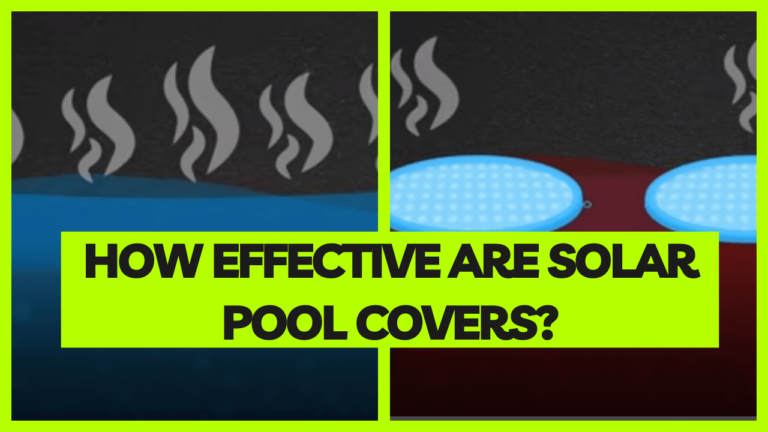If you are looking for a cheap way to heat and make your pool season a little bit longer. You must have heard about solar pool cover. But the biggest question is how effective are solar pool covers. In today’s article we are going to deeply discuss solar pool cover .
So sit back, have a cup of coffee/tea and let’s get started.
What is a solar pool cover?
Solar pool covers are also referred to as pool blankets, they are transparent sheets, usually made of polyethene or other similar material, that cover your pool, that also help in raising your pool temperature, the air bubbles absorb the heat from the sunlight and transfer it to your pool, which raises a pools temperature.
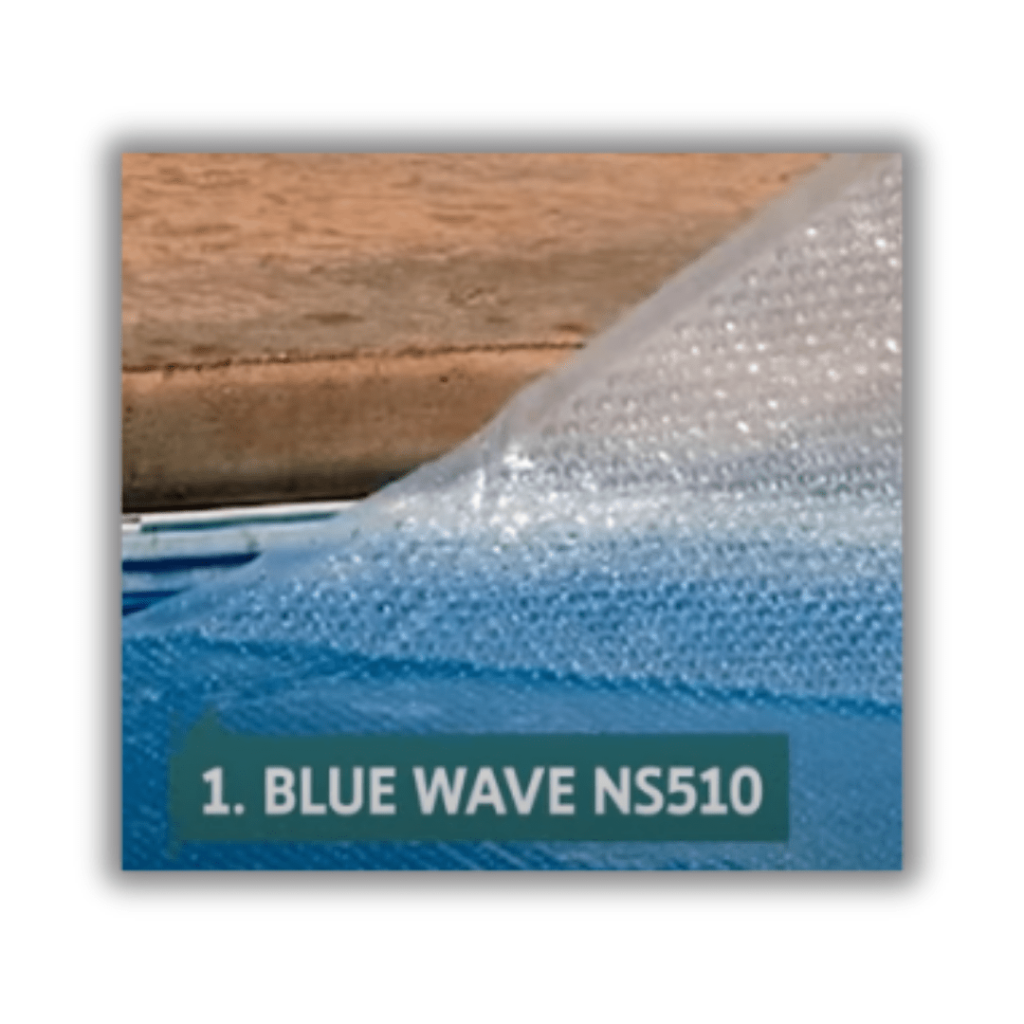
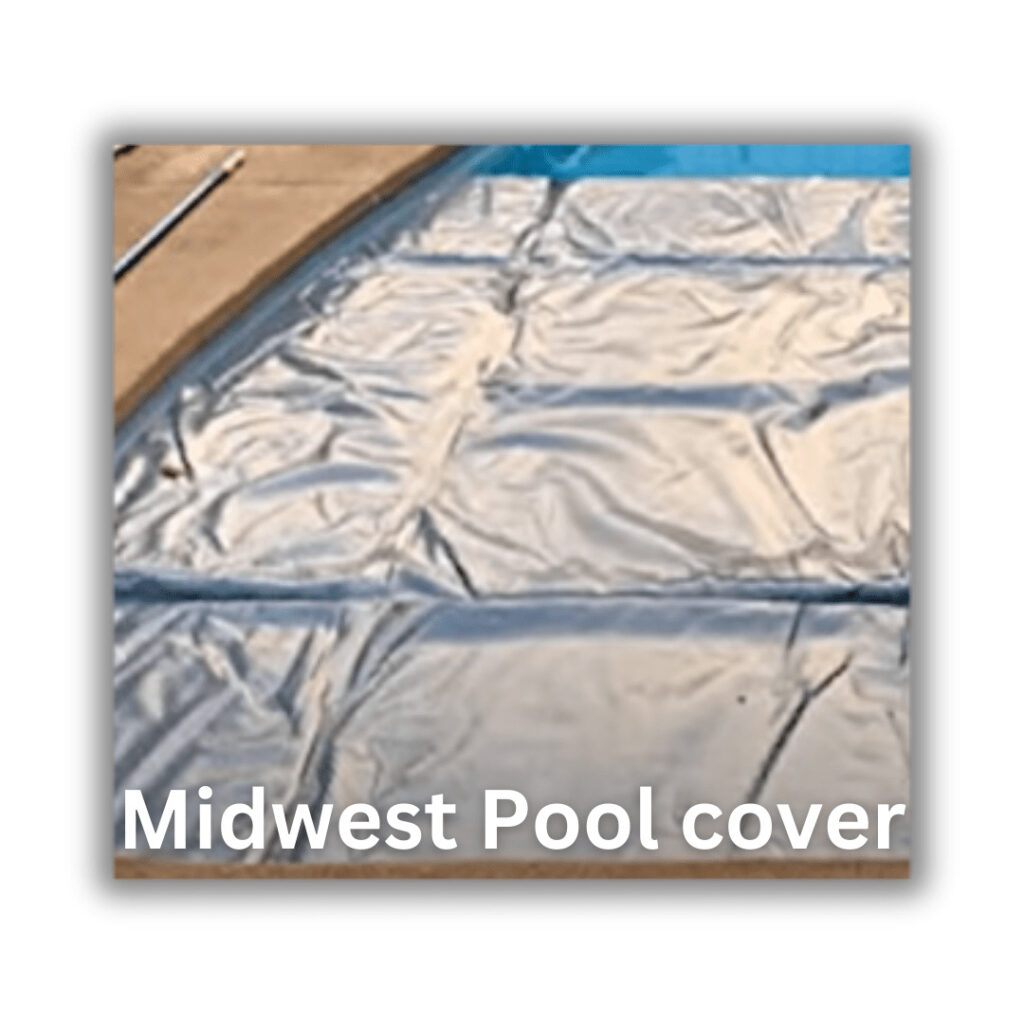
How solar covers work?
Solar covers work by transferring the heat of the sun to the pool,, as it is transparent, it allows more of sun rays to reach the pool, thus leading to the pool becoming heated, it is a very natural way of heating the pool, as it relies on solar energy, it is indeed very efficient, the air bubbles present in a solar pool cover trap the heat and keeps the heat trapped for nigh time.
Why we need solar cover?
We need solar covers because it is a very easy way of heating the pool, as it relies on solar energy, all you have to do is have your pool in the sun, and it also stores the energy overnight, which makes it even better. it also help to reduce your pool evaporation over night and make your pool Chlorine level maintained.
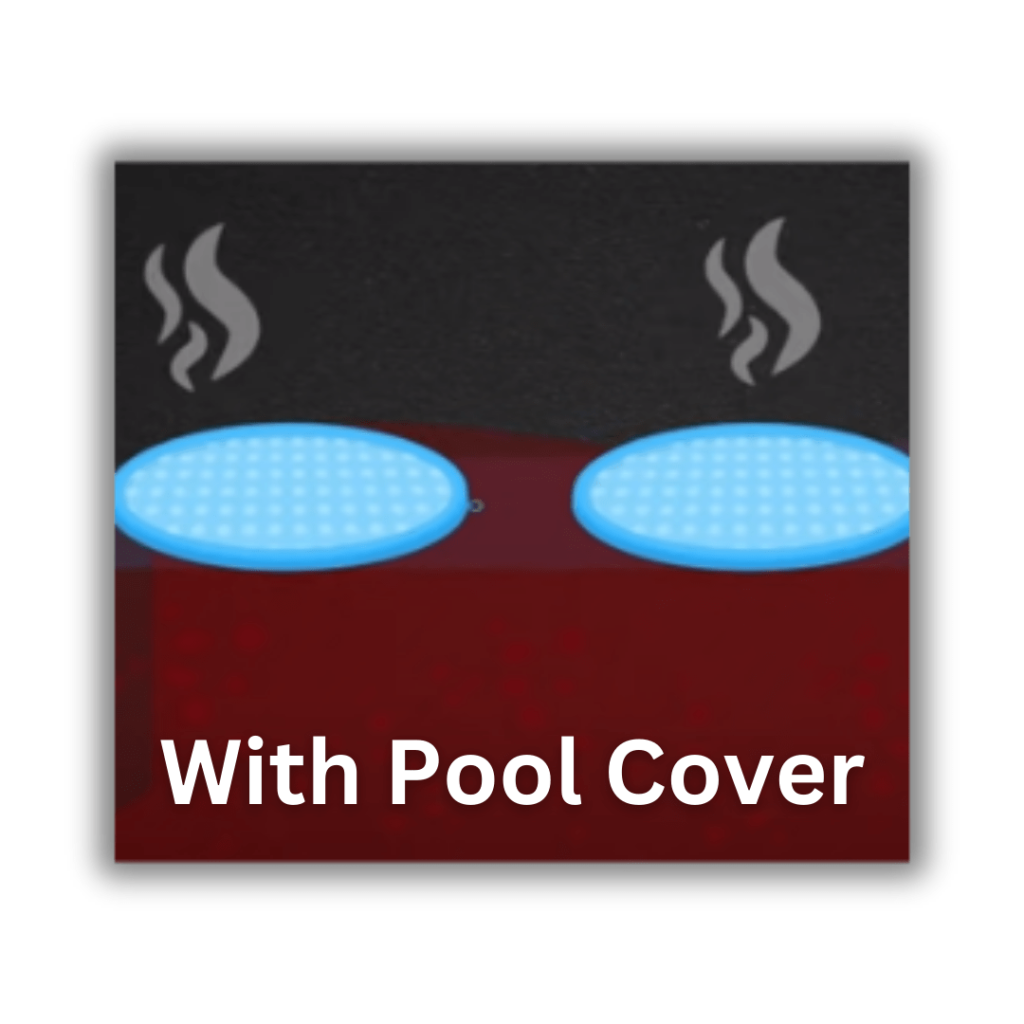
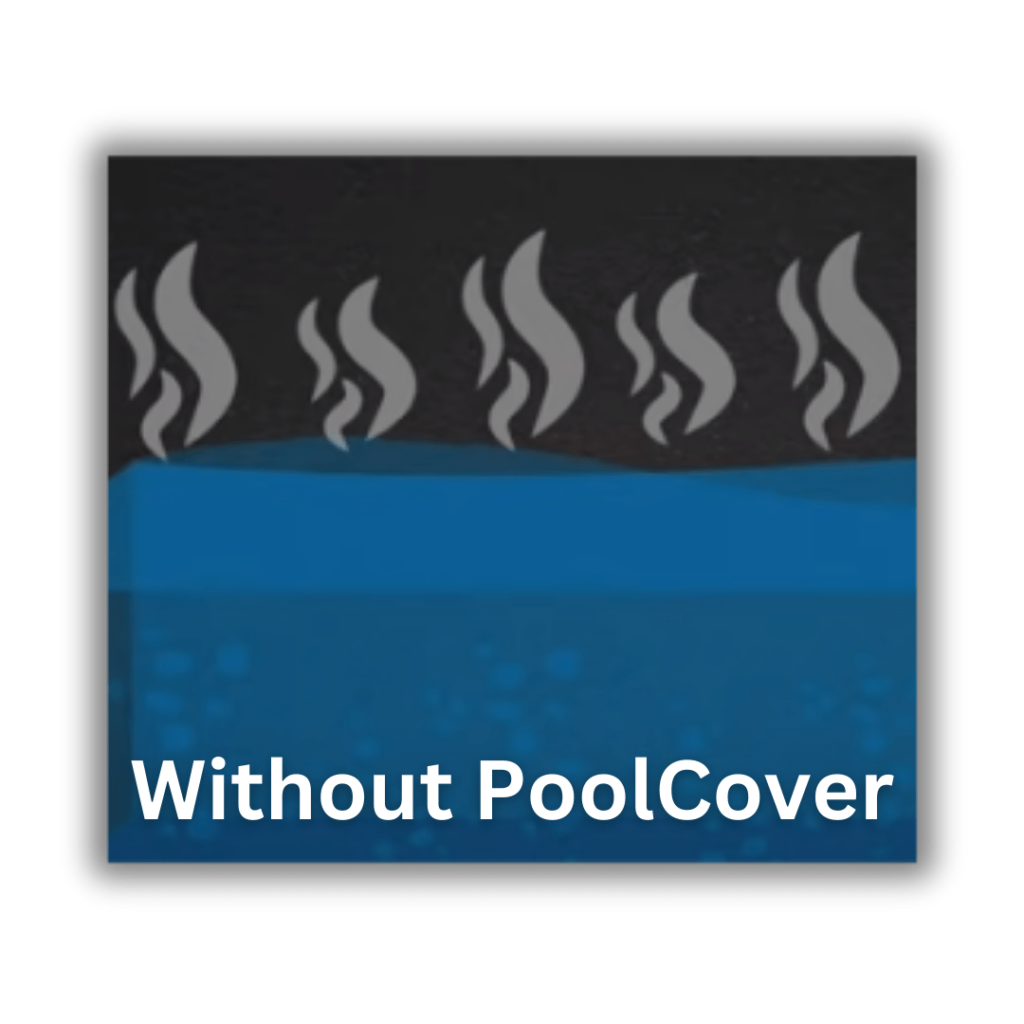
Types of solar cover available in the market?
1. A transparent, bubble-textured blanket is designed to optimize the passage of sunlight and UV rays into the pool while also demonstrating its prowess in efficiently preserving heat. This unique combination of transparency and bubble texture allows for an increased influx of solar energy, making it an excellent choice for pool owners who want to harness the sun’s energy effectively to warm their pools and extend their swimming seasons.
2. For those seeking a more dynamic solution, a cover with a clear top and a dark, heat-absorbing bottom that incorporates bubbles underneath has proven to be a formidable option. The ingenious design of this cover allows it to not only capture and harness the sun’s heat but also efficiently transfer it to the pool water below. As a result, it excels in heat retention, keeping your pool comfortably warm and inviting even during cooler days or nights.
3. On the contrary, a dark, opaque, and thin solar cover without the characteristic bubbles may efficiently absorb heat from the sun, but it tends to lack the staying power when it comes to heat retention. This type of cover might be suitable for those looking for a quick warm-up without prolonged heat retention needs.
4. Moving on to a white or reflective bubble-textured blanket, we find a different set of advantages. While it may not absorb as much heat as its darker counterparts, it distinguishes itself through its remarkable ability to retain the heat it does capture. This means that even with limited heat absorption, it can keep your pool water warmer for more extended periods, reducing the need for constant heating.
5. Finally, a white or reflective thin solar cover without bubbles emerges as a distinct choice, characterized by its minimal heat absorption capacity and relatively modest heat retention. Pool owners opting for this cover may prioritize a more balanced approach to solar cover functionality, emphasizing neither excessive heat absorption nor extended heat retention.
These various options offer pool owners a range of choices, allowing them to tailor their selection to their specific needs and preferences for pool heating and maintenance.
How much durable is solar cover?
Solar pool covers commonly come in three primary materials: vinyl, polyethylene, and polypropylene, each characterized by its impermeable nature, designed to harness sunlight and curb water evaporation. However, their benefits vary considerably.
Vinyl covers, for instance, stand out for their exceptional durability, making them less susceptible to tearing over time.
On the other hand, polyethylene covers offer the advantage of being lighter and less rigid compared to their vinyl counterparts, although they may not match the same level of long-term resilience.
Meanwhile, polypropylene covers shine in heat retention, effectively keeping your pool warm. However, they tend to be notably thick, which can make handling and manoeuvring them a more challenging task.
How much does a pool solar cover cost?
The cost of a solar pool cover can vary significantly depending on several factors, including the size and shape of your pool, the material of the cover, its thickness, and the brand. Here’s a general overview of the price range you can expect:
- Basic Solar Pool Covers: These are typically the least expensive options. A basic solar pool cover for an average-sized pool (around 16′ x 32′) can cost anywhere from $20 to $100. These covers are usually made from lightweight materials and may not be as durable as more expensive options.
- Mid-Range Solar Pool Covers: These covers offer better durability and heat retention. They are often made from higher-quality materials and come with additional features like UV resistance. Prices for mid-range covers can range from $100 to $300 or more, depending on the size and thickness.
- Premium Solar Pool Covers: Premium solar pool covers are the most expensive but also the most effective in terms of heat retention and longevity. They are often made from thicker materials with multiple layers for added insulation. Prices for premium covers can range from $300 to $600 or more for a standard-sized pool.
- Custom or Irregularly Shaped Pools: If you have a custom-shaped or irregularly sized pool, you may need to order a custom-made solar cover, which can be more expensive than standard sizes. The cost for these covers can vary widely, depending on the complexity of the shape and the materials used.
- Installation and Accessories: In addition to the cost of the cover itself, you may need to consider installation costs if you’re not installing it yourself. You might also want to purchase accessories like a reel system for easier cover removal, which can add to the overall cost.
It’s important to keep in mind that while a higher-quality, more expensive solar pool cover may have a higher upfront cost, it can save you money in the long run by reducing heating costs and extending your swimming season. Additionally, the durability of the cover can affect its lifespan, so investing in a better-quality cover may pay off over time.
Pros and Cons of solar pool covers.
Certainly, here’s a more concise version:
| Pros | Cons |
| Energy Efficiency: Reduces heating costs by using solar energy. | Initial Cost: Higher upfront investment. |
| Temperature Maintenance: Keeps water warm, extends swim season. | maintenance: Requires cleaning and periodic replacement. |
| Chemical Reduction: Reduces chemical usage and costs. | Handling: Can be cumbersome, needs storage. |
| Environmental Benefits: Cuts carbon footprint, conserves water. | Safety: Requires precautions to prevent accidents. |
How fast does solar cover heat a pool?
A solar pool cover takes around 6 hours to increase the temperature by 7 degrees, but that depends on the amount of sunlight in your area, in many situations it can take less time to get to 7 degrees or in other cases it can take more to get that amount of change in temperature.
Is a solar pool cover worth it?
The answer to this question isn’t a simple yes or no, as it hinges on your specific requirements and objectives for using a solar pool cover.
If your goal is to swiftly and effortlessly heat your pool, then the answer is leaning toward no. Solar pool covers can be somewhat unwieldy to put on and take off the pool, and maintaining their cleanliness, particularly with larger covers, demands some effort.
Nevertheless, if you’re interested in reducing energy expenses and adopting an eco-friendly approach, then the answer is a resounding yes. While the initial investment can be substantial, the long-term savings are considerable because there are no ongoing operational costs.
How effective are solar pool covers?
Indeed, solar pool covers are effective. Multiple scientific studies, at least three to be precise, have substantiated their capacity to warm swimming pools. These covers not only aid in daytime heating but also in retaining the acquired warmth during night time hours.
Furthermore, they contribute to humidity reduction and lead to tangible energy savings. However, it’s worth noting that the inconvenience of handling and maintaining these covers can offset some of the energy-saving benefits they offer.
Conclusion
In conclusion, solar pool covers offer a practical and eco-friendly solution to pool heating and maintenance. These covers harness the sun’s energy, effectively warming pool water and extending the swimming season. While the upfront cost may be a consideration, the long-term energy savings, environmental benefits, and reduced chemical usage make them a worthwhile investment.
It’s essential to choose the right type of solar pool cover to suit your specific needs, whether it’s maximizing heat retention or a more balanced approach. Additionally, proper maintenance and safety precautions are crucial to ensure their effectiveness and safe use.
Ultimately, the decision to use a solar pool cover depends on your individual preferences and priorities. If you prioritize energy efficiency, environmental responsibility, and extending your pool enjoyment, a solar pool cover is a valuable addition to your pool maintenance arsenal.
